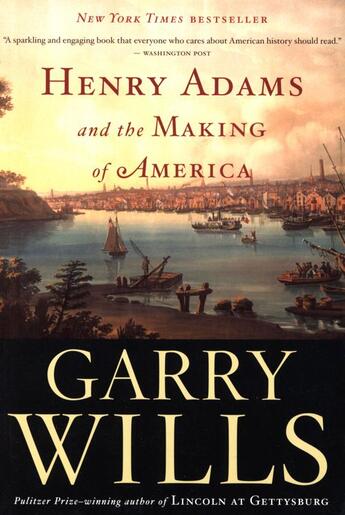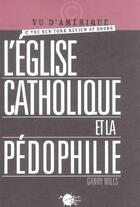-
Nombre de pages : (-)
-
Collection :
(-)
-
Genre :
(-)
-
Thème :
Non attribué
-
Prix littéraire(s) :
(-)
Résumé:
One of our greatest historians offers a surprising new view of the greatest historian of the nineteenth century, Henry Adams.Wills showcases Henry Adams's little-known but seminal study of the early United States and elicits from it fresh insights on the paradoxes that roil America to... Voir plus
One of our greatest historians offers a surprising new view of the greatest historian of the nineteenth century, Henry Adams.Wills showcases Henry Adams's little-known but seminal study of the early United States and elicits from it fresh insights on the paradoxes that roil America to this day. Adams drew on his own southern fixation, his extensive foreign travel, his political service in Lincoln's White House, and much more to invent the study of history as we know it. His nine-volume chronicle of America from 1800 to 1816 established new standards for employing archival sources, firsthand reportage, eyewitness accounts, and other techniques that have become the essence of modern history.Adams's innovations went beyond the technical; he posited an essentially ironic view of the legacy of Jefferson and Madison. As is well known, they strove to shield the young country from "foreign entanglements," a standing army, a central bank, and a federal bureaucracy, among other hallmarks of "big government." Yet by the end of their tenures they had permanently entrenched all of these things in American society. This is the "American paradox" that defines us today: the idealized desire for isolation and political simplicity battling against the inexorable growth and intermingling of political, economic, and military forces. As Wills compellingly shows, the ironies spawned two centuries ago still inhabit our foreign policy and the widening schisms over economic and social policy.Ambitious in scope, nuanced in detail and argument, Henry Adams and the Making of America throws brilliant light on how history is made -- in both senses of the term.
Donner votre avis















